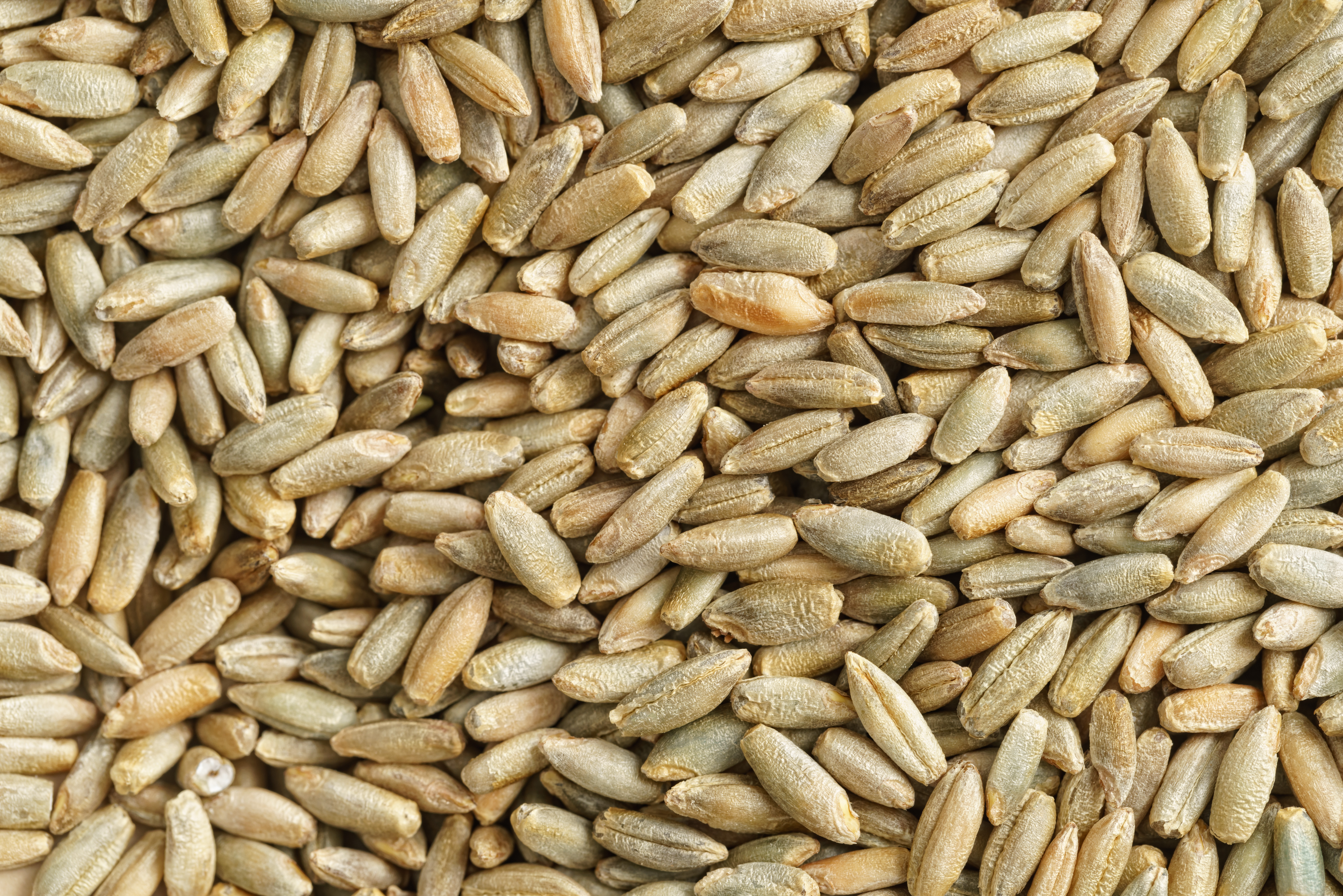What Your Poop Says About Your Health
3. Frequency of Bowel Movements: Finding Your Natural Rhythm
The frequency of bowel movements varies widely among individuals, influenced by diet, activity level, and overall health. While some people may have a bowel movement once or twice daily, others might only go every few days. Both patterns can be normal, provided the stools are consistent and easy to pass. Significant deviations from your usual pattern, such as sudden constipation or diarrhea, can signal digestive disturbances or stress. Maintaining a regular schedule is often a sign of a healthy gut, and disruptions may warrant dietary adjustments or consultation with a healthcare provider to rule out underlying issues.
4. The Role of Fiber: A Key Component of Digestive Health

Fiber plays a crucial role in promoting regular bowel movements and maintaining digestive health. It adds bulk to stools, facilitating passage through the intestines and preventing constipation. There are two types of dietary fiber: soluble and insoluble. Soluble fiber, found in foods like oats and legumes, helps regulate blood sugar and cholesterol levels, while insoluble fiber, present in whole grains and vegetables, aids in stool formation and regularity. A balanced diet rich in both types of fiber can improve gut health, enhance nutrient absorption, and reduce the risk of digestive disorders, highlighting the importance of fiber in your daily diet.
